In the small town of Collierville, Tennessee, a battle was brewing between the beloved fast-food chain Chick-fil-A and local residents. Chick-fil-A’s plans to build a “mega” restaurant, complete with modern amenities, sparked controversy.
The proposal included features such as an indoor playground, dual drive-thru lanes, and a larger dining area. But the charm of this small town was at stake, and the residents were ready to protect it.
The Vision of a Mega Chick-fil-A
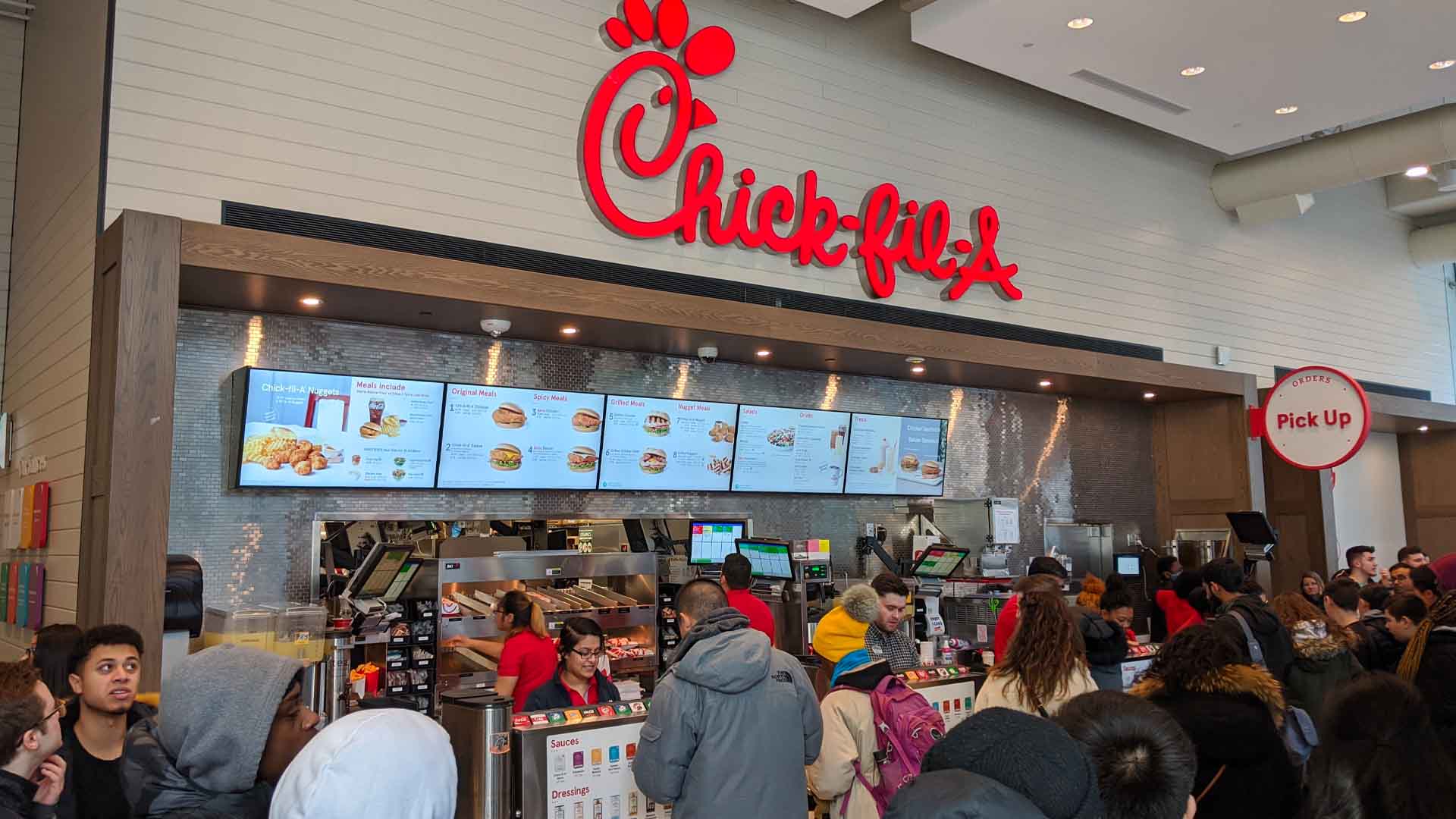
Chick-fil-A envisioned a grand expansion in Collierville. The proposed 6,110-square-foot restaurant was more than a typical fast-food outlet; it was to be the “latest greatest prototype” in the Chick-fil-A chain.
With a 300-square-foot playground, ample dining space, and efficient drive-thru lanes capable of handling 43 cars, this project promised to bring a new dining experience to the town.
Small Town, Huge Concerns
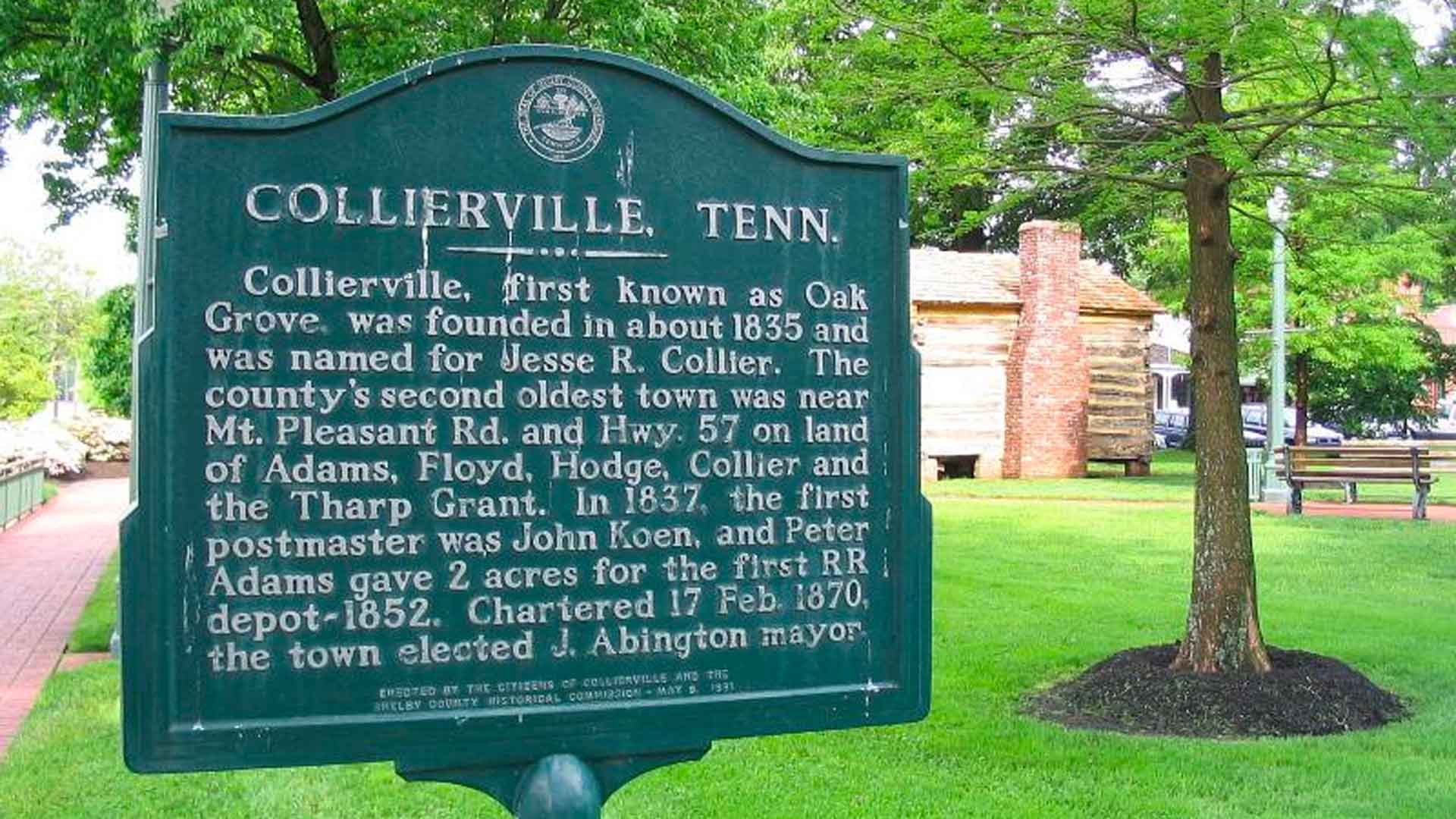
The residents of Collierville, while fond of Chick-fil-A’s offerings, had serious reservations. Their main concern? The anticipated increase in traffic.
The new mega restaurant, with its larger capacity and appeal, threatened to bring long, snaking lines of cars, disrupting the town’s tranquility and clogging its roads.
Going Against the Giant
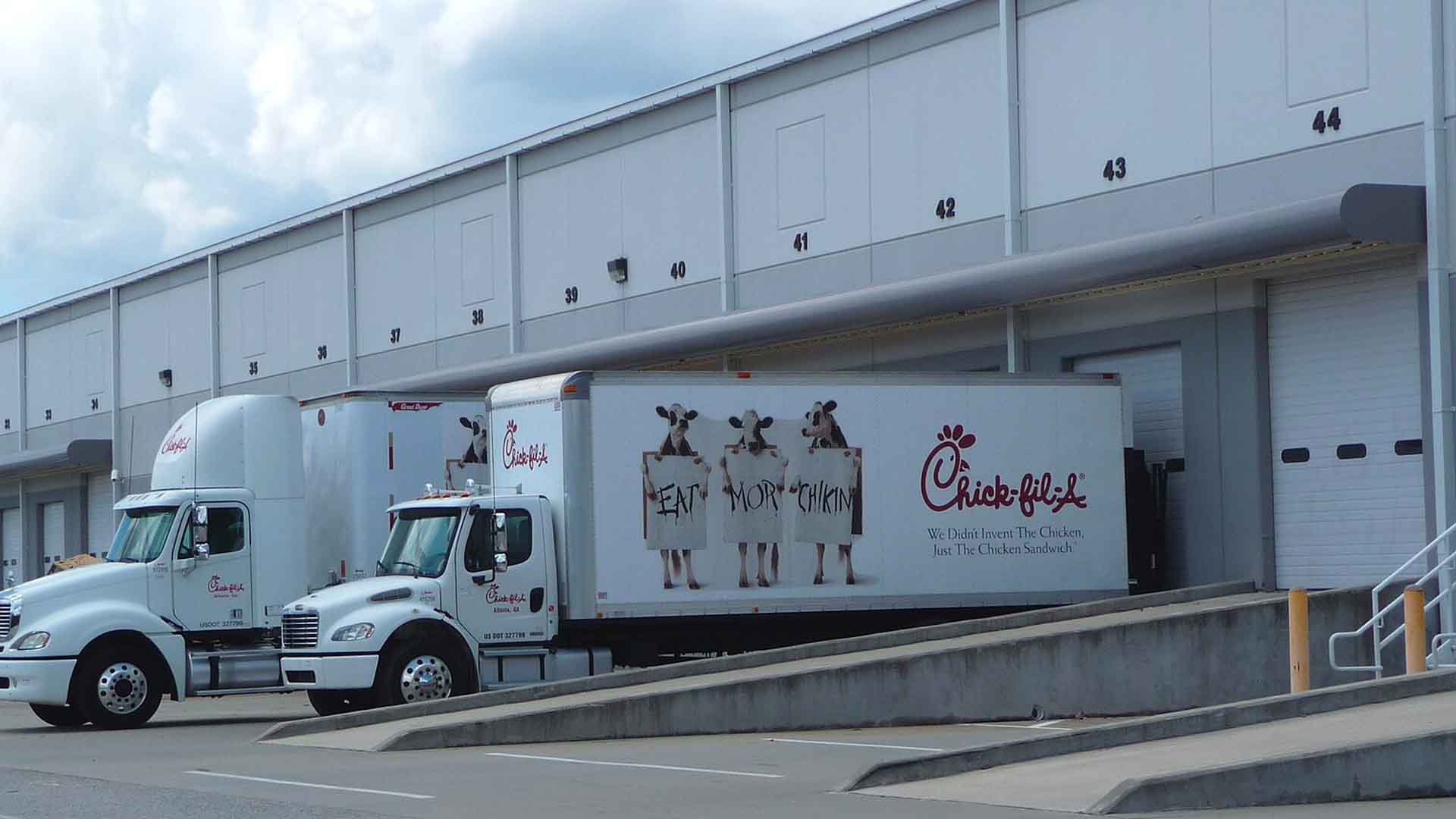
The opposition was not a mere whisper; it was a roar. Collierville’s residents didn’t just express their concerns. Rather, they got organized.
Their efforts included a detailed traffic analysis, showcasing the potential negative impact of the new Chick-fil-A on their community
Traffic Concerns at the Forefront

The crux of the matter lay in the traffic problems that the new restaurant could bring. The proposed location, with access via a two-lane road, seemed ill-equipped to handle the potential influx of Chick-fil-A patrons.
Residents feared that this expansion would transform their peaceful streets into busy roads.
A Decision in Favor of the Community

The city’s leaders, after hearing the community’s outcry, made a decisive move. The Collier Board of Mayor and Aldermen voted 5-1 against Chick-fil-A’s relocation project.
This decision wasn’t just a statement about a single building project—it was a stand for the community’s quality of life and a testament to the residents’ influence.
Urban Planning Meets Community Needs

This episode in Collierville serves as a prime example of the critical role of urban planning in aligning with community needs. It’s not just about economic growth and corporate expansion.
It’s important to ensure that such developments harmonize with the lives of the people who call these towns home.
Chick-fil-A’s Future Moves
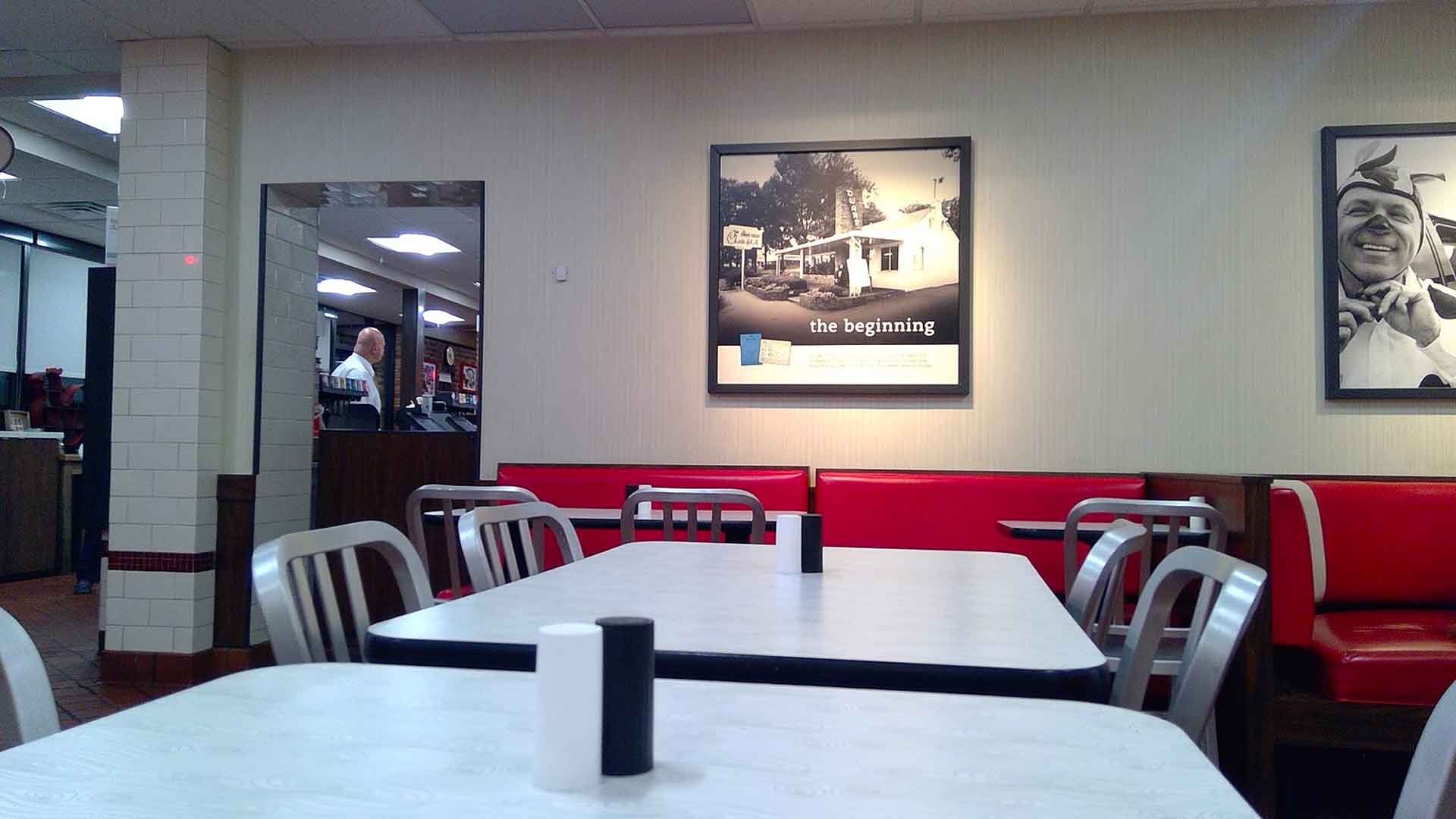
While Chick-fil-A’s initial plan was rejected, the story doesn’t end there. The chain, known for its strong community presence, now faces the challenge of rethinking its strategy.
The next step involves submitting a new plan that aligns with town regulations and addresses the community’s concerns.
Public Opinion Shaping Development

This case highlights the influential power of public opinion in urban development. In Collierville, residents didn’t just react to a corporate decision—they actively shaped it.
Their involvement exemplifies how community voices can steer the direction of development in small towns.
A Lesson for Other Communities

What happened in Collierville offers valuable lessons for other communities facing similar challenges.
It shows that when residents are engaged and vocal, they can have a significant impact on decisions that affect their environment and daily lives.
Local Political Issues Are Unfortunately Low On People’s Minds
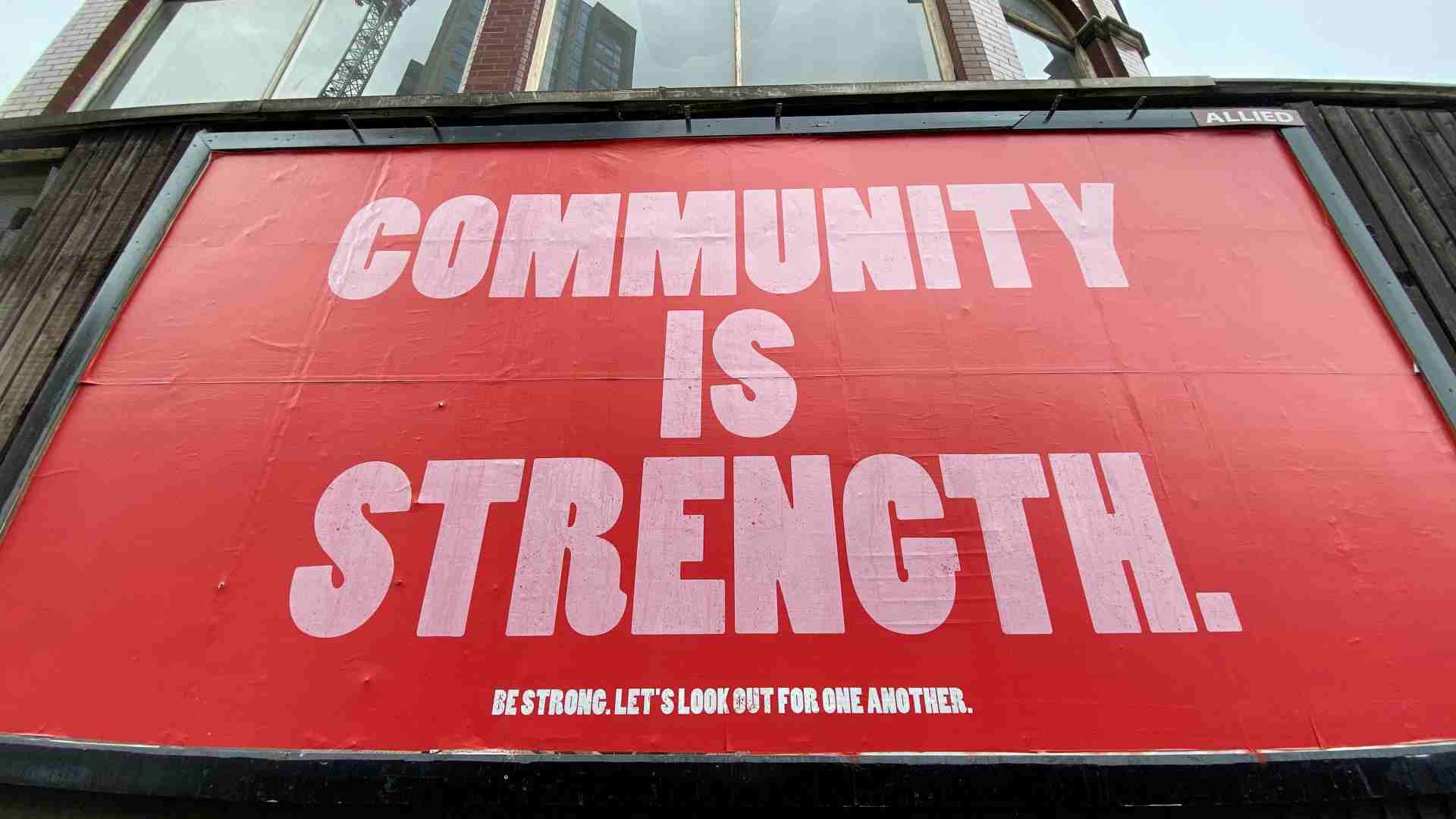
While this particular incident in Collierville is an example of community activism paying off, this is not a trend in many other places.
The National Civic League reported in 2020 that voters in local elections have low turnouts. They classified local election turnout in the United States as historically low and estimate that only between 15 and 27 percent of voters actually turn up to cast their ballot in a local election.
Why is Local Turnout so Low?
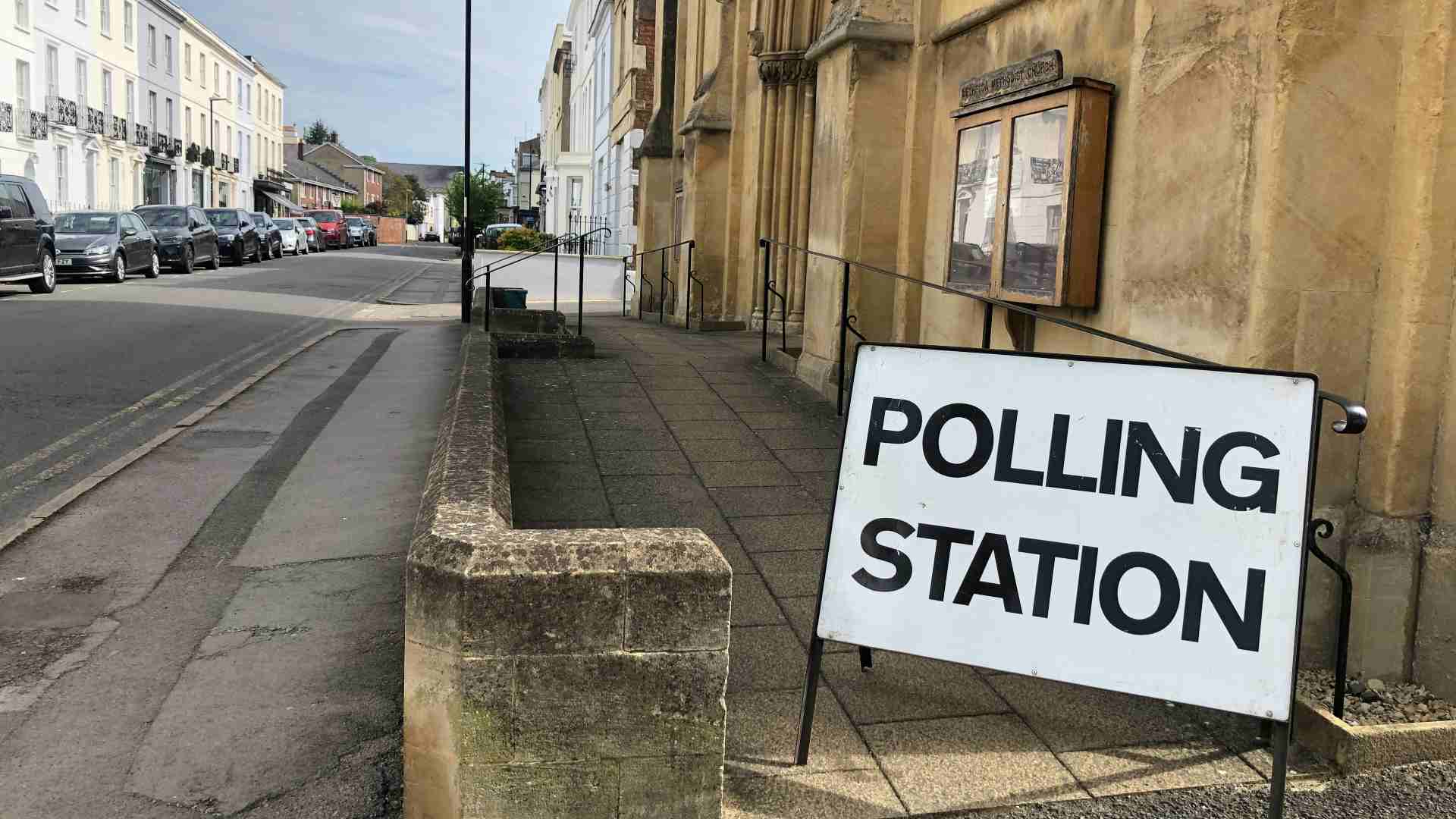
One of the biggest factors that depresses local election turnout is election timing. People are used to casting their ballots during big elections every few years, but local elections can run differently than that schedule.
Due to this, many voters simply just lack awareness of when elections are happening and what issues are being voted on.
Barriers to Local Elections
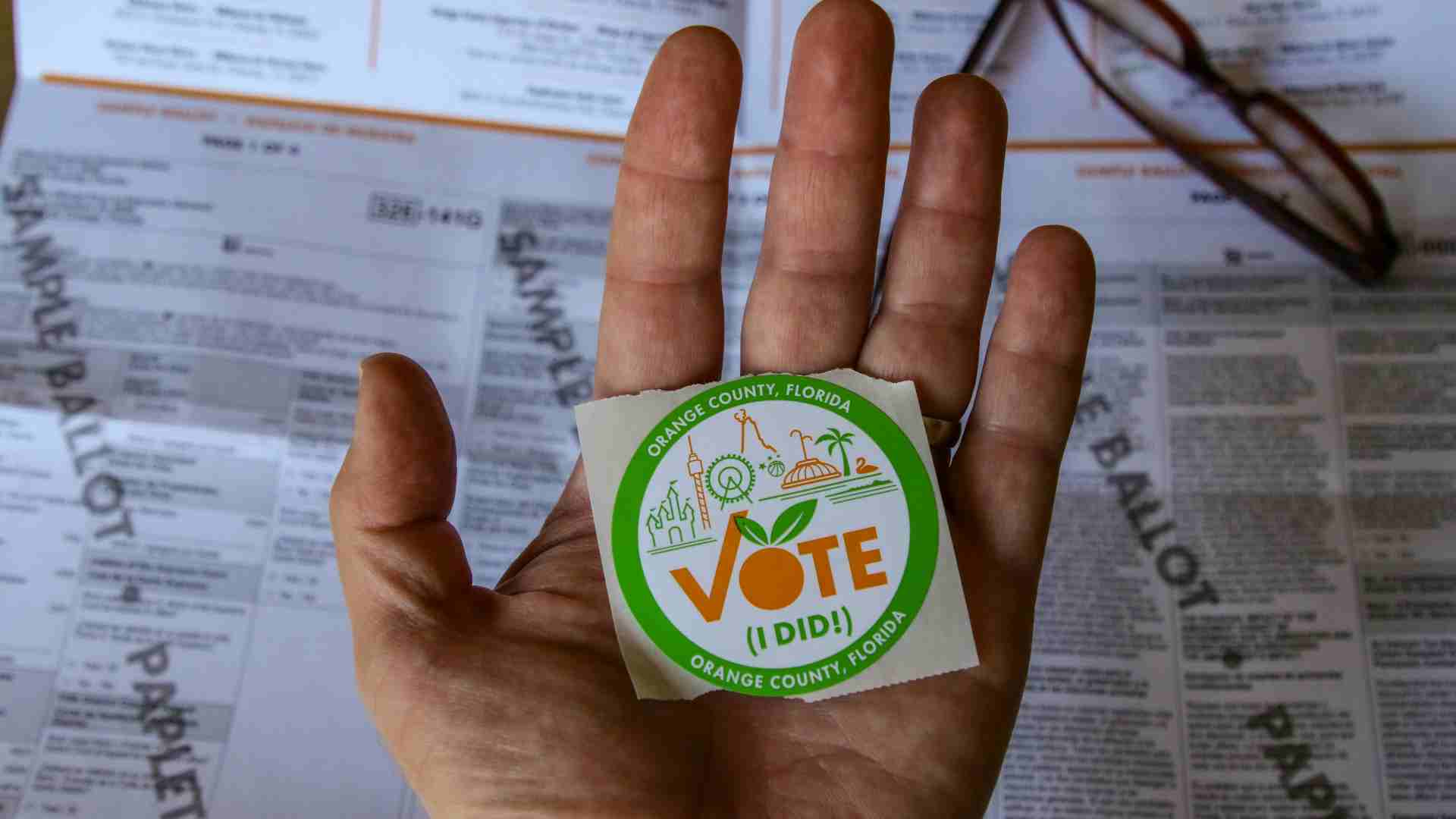
Many local elections are hard to figure out for voters. Sometimes they come with registration barriers and other challenges like polling locations.
Depending on the state of public transportation in the area, many voters may have trouble actually showing up to a polling place. Sometimes local elections conflict with workers’ hours, and they decide it is easier just not to vote.
Lack of Enthusiasm Among Voters

A growing wave of political cynicism has been spreading across the United States in recent years. In 2023, Gallup reported that Americans are having a ‘crisis of confidence’ in America’s institutions and structures of power.
In their report, they followed up on Americans’ views of 15 major institutions from a decade ago. The downtrend of confidence among Americans has not reversed course since then.
Less Than 1/5 of Americans Like How Things are Going

According to Gallup, only 19% of Americans approve of the way things are going in the country.
This number is at a historic low and shows little signs of improving. As Americans experience hardships with things like healthcare, economy, and education, they are increasingly skeptical of government institutions and big businesses’ ability to address these problems.
People are Fed Up With Politics
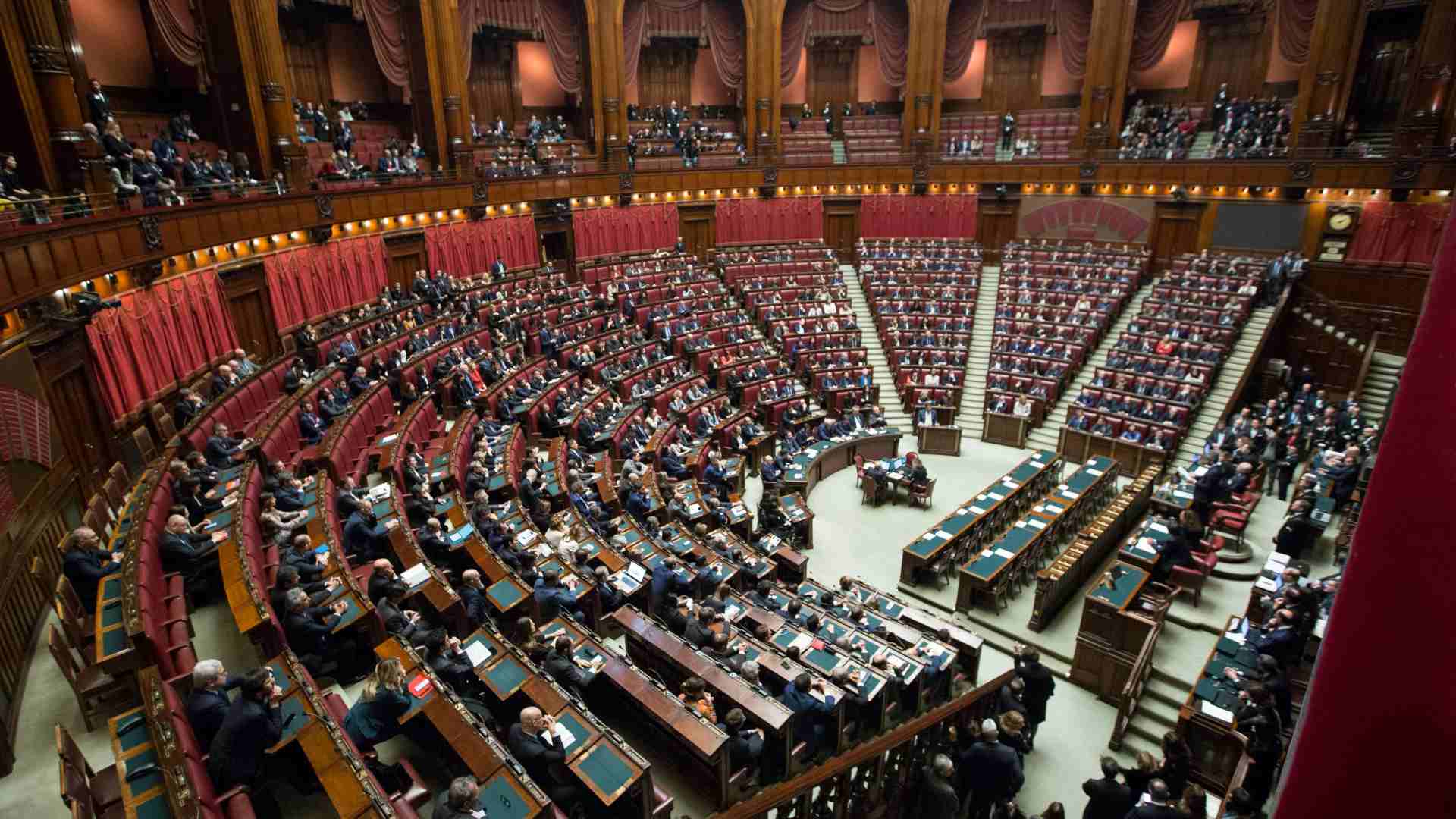
A contributing factor to the depressed turnout of voters and their lack of confidence in government structures is the increased fatigue of people towards American politics.
Pew Research in 2023 reported that the average American has increasingly become fed up with Politics. Their study found that 65% of Americans report feeling exhausted when thinking about politics.
No One Trusts Politicians

Public trust in American politicians has changed dramatically over the years. According to Pew Research, in 1964, 77% of Americans trusted the government to perform its duties and protect their interests.
In 2023 that number has fallen to just 16% of Americans. One source of growing distrust is how Americans see the influence of money in politics and politicians, who they see as spokesmen for the richest in society.
The Role of Special Interest Groups

When asked for a reason why people are so distrusting of the government, some would point to the existence of special interest groups, including lobbyists and SuperPAC donors.
Open Secrets, an organization that tracks campaign spending, reported that the 2022 federal midterm elections cost more than $8.9 billion which shattered the previous spending records. Politicians need to get that money from somewhere, which means they are increasingly relying on big donors with special interests.
Changing Views of Young People

Younger generations have shown an unwillingness to participate in the political system and vote in elections compared to older generations. Many of these younger voters feel increasingly disconnected from their federal political representatives who are between 56 and 64 on average. (via Quorum)
Many feel that older politicians have gatekept young political hopefuls from having their turn to make changes, causing government institutions to be out of touch.
Stronger Political Divides
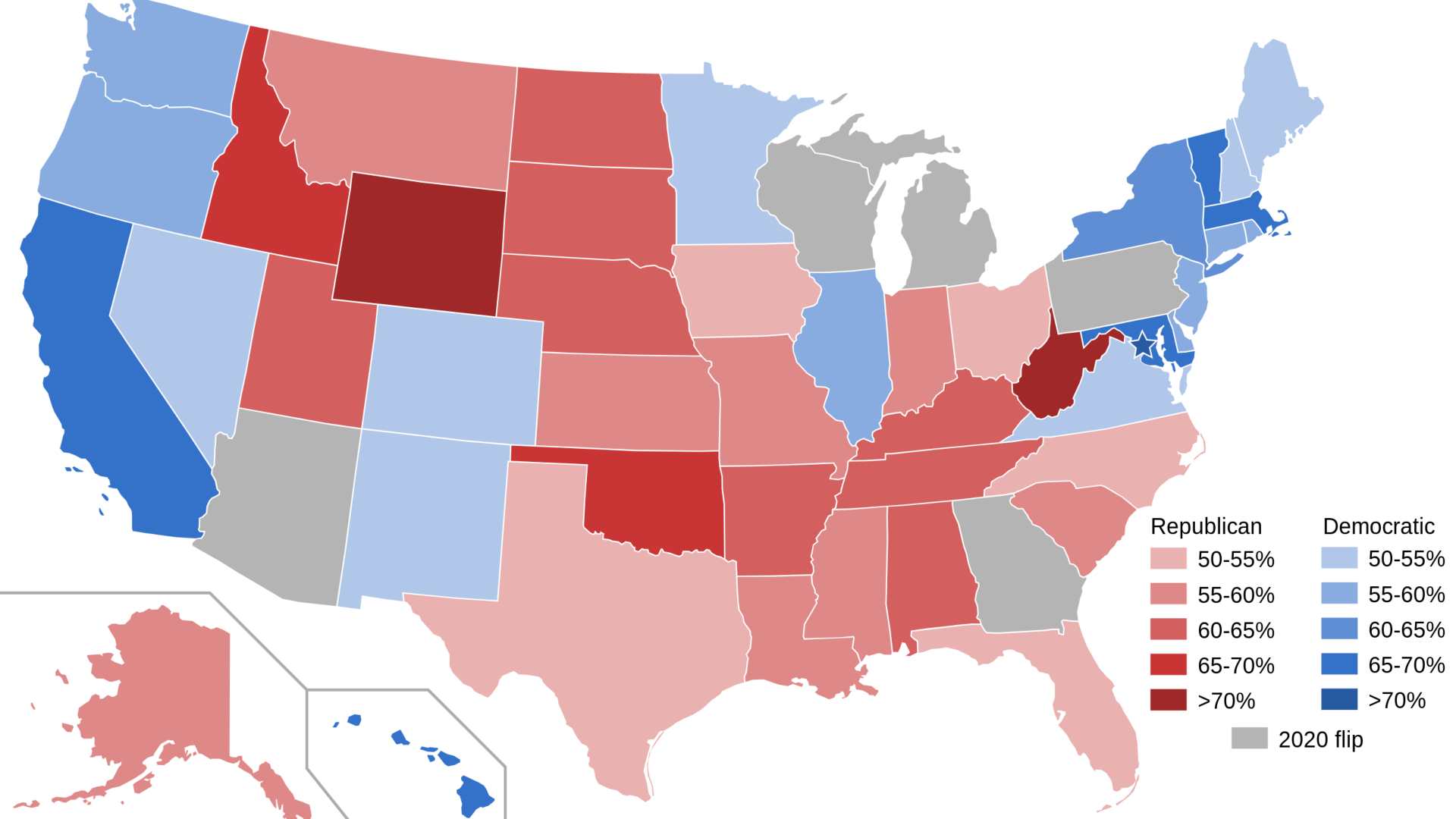
American voters are more polarized than ever. The divide between the right wing and left wing in America continues to grow with each election cycle. This creates a toxic environment where people lose sight of what’s important to merely score political points on the other team at any opportunity.
Smartphone adoption by the American public in the 2010s led to an increased amount of engagement with politics, but much of that engagement has been unhelpful and negative.
The Role of Misinformation

As the world of politics moved from the public squares in America and onto the Internet, it became harder and harder for people to get access to verified news and information.
In 2022, the National Library of Medicine published a report that showed the number of publications publishing misinformation in articles increased from below 500 in 2005 to over 4,000 in 2021.
All These Factors Cause Local Communities to Suffer

Many local elections have nothing to do with the problems of politics on a federal and state level. However, they are victims of increased voter apathy nonetheless.
When people don’t make their voices heard through their vote, services like police, fire, schools, and public transportation all suffer from the lack of engagement. People should look to Collierville as an example of how local organizing can actually make an impact.
Balancing Development and Well-being
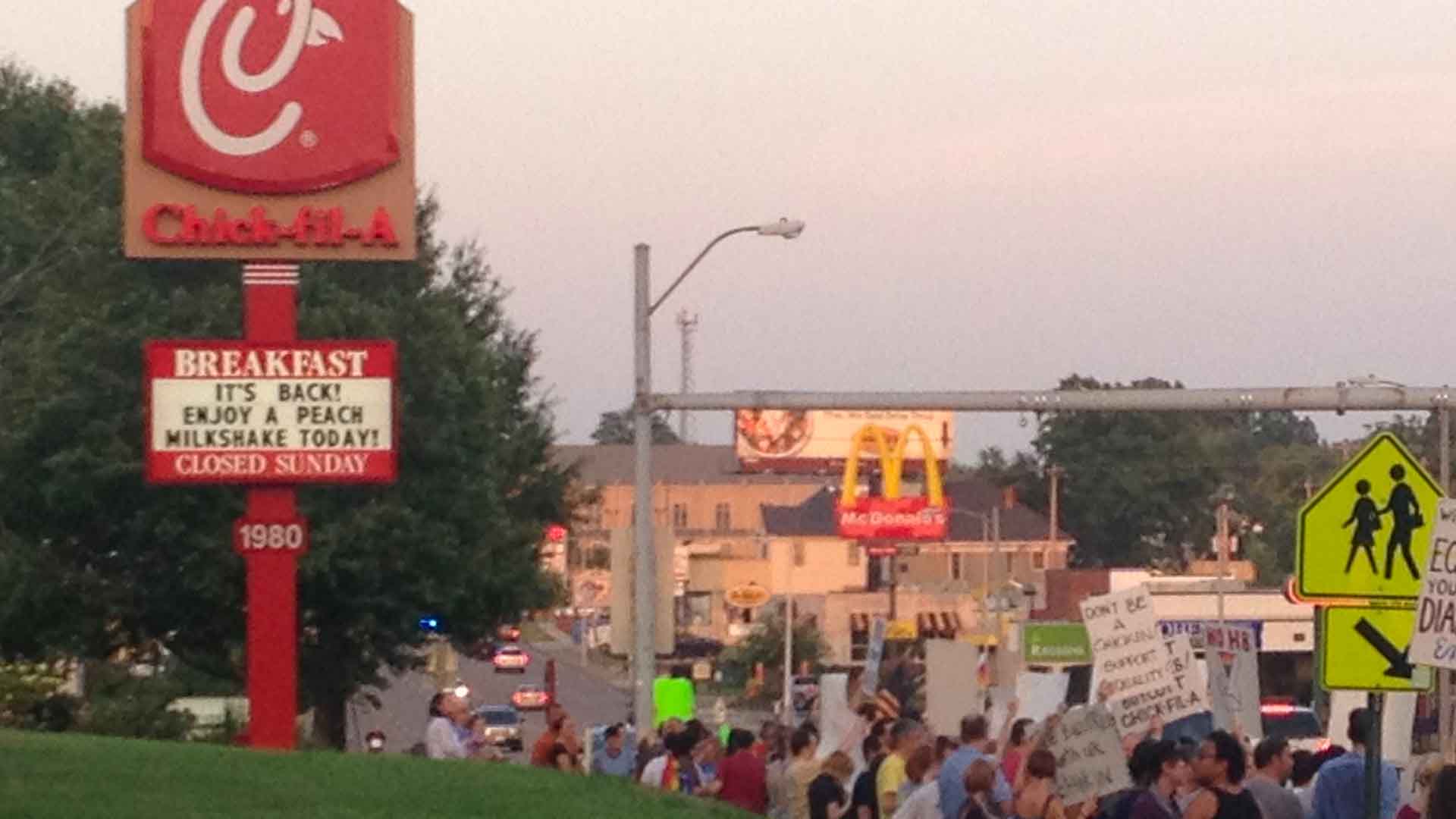
The Collierville case also highlights the importance of balancing economic development with community well-being.
It’s a delicate act, ensuring that while towns grow and evolve, they also maintain their character and meet the needs of their residents.
Collierville: Looking Ahead
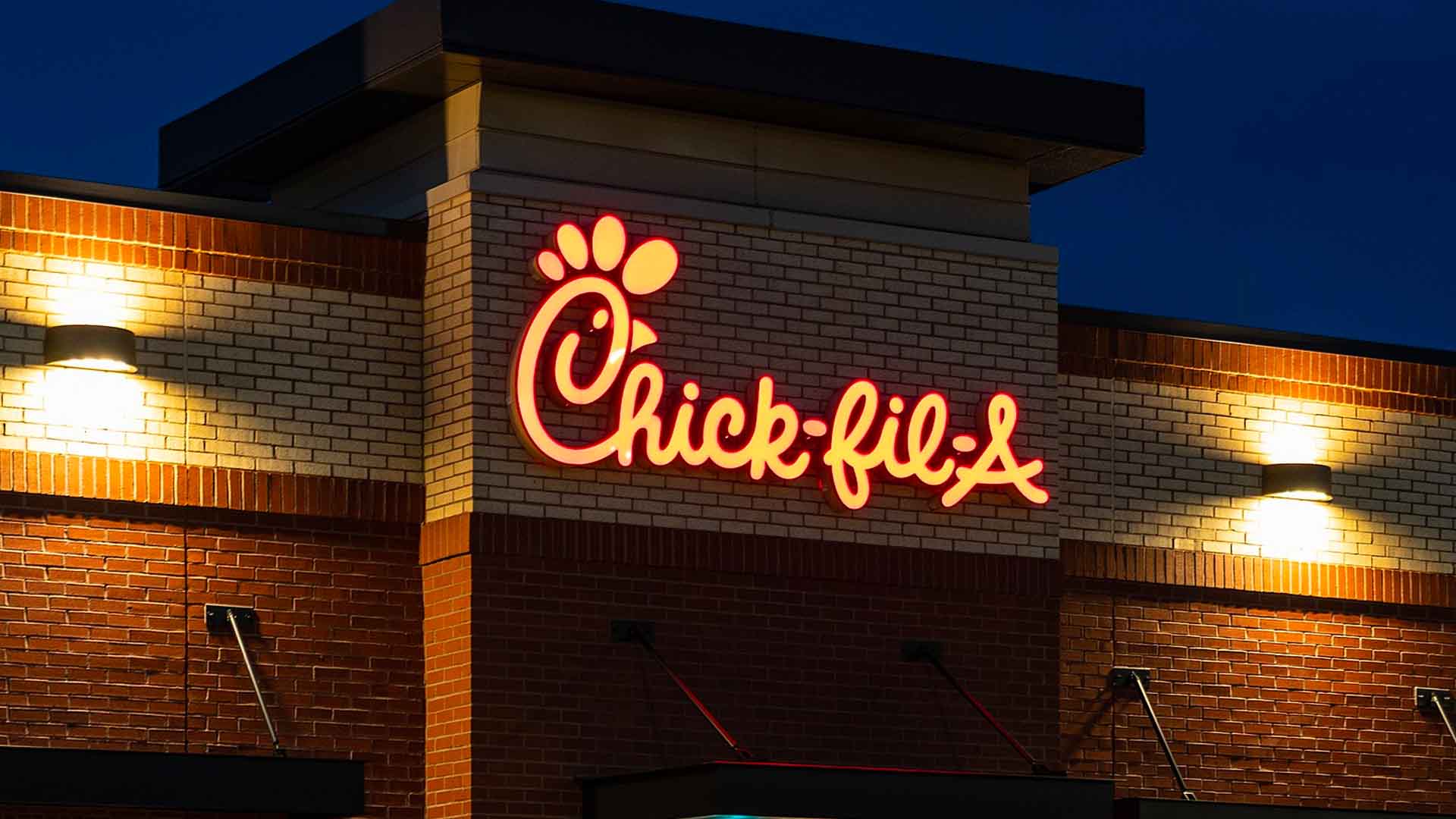
As Collierville turns the page on this chapter, the future holds new discussions and decisions about its development.
This experience has fortified the community, proving that even in the face of large corporate plans, the collective voice of a small town can resonate loudly and effect change.
